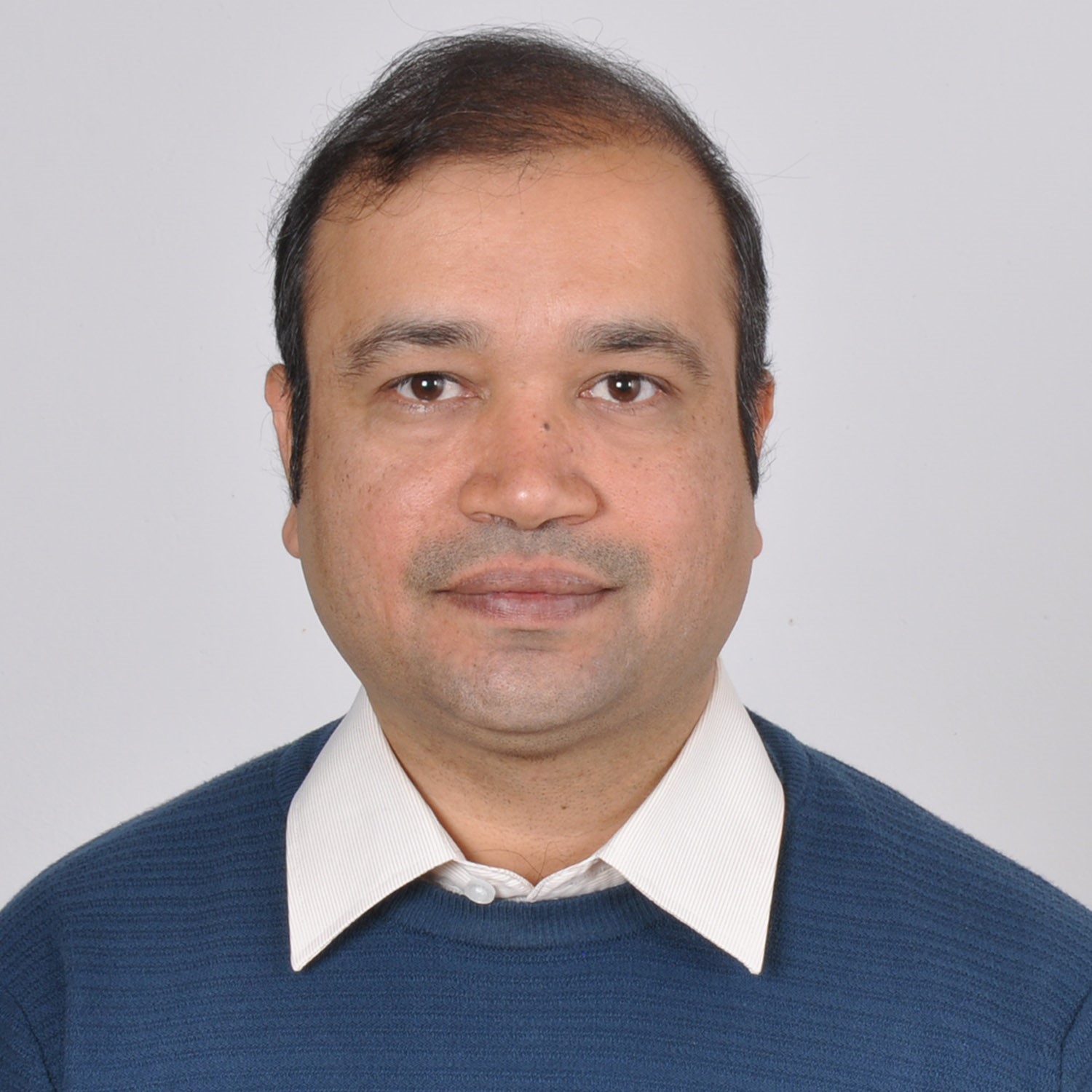Invited Speaker

Dr. Tariq Umar
Architecture and the Built Environment, University of the West of England, UKSpeech Title: Challenges of Renewable Energy Resources in Arabian Gulf Region
Abstract: Considering the importance of energy for social and economic development, access to clean, affordable, and reliable energy has been adopted as one of the UN Sustainable Development Goals (SDGs) which all countries aim to achieve by 2030. Due to environmental and climatic impact, conventional energy resources (oil, gas, and coal) are recognized as a major contributor to CO2 emission and thus become the main cause of global warming. Much of the world energy is still, however, produced from fossil fuels and thus the progress towards clean and renewable energy is considerably slow. This presentation aims to present the results of the research in which the key challenges towards renewable energy in Gulf Cooperation Council (GCC) countries were explored. The GCC countries which include Saudi Arabia, Oman, United Arab Emirates, Kuwait, Bahrain, and Qatar are blessed with plenty of oil and gas reserves are recognize as the main consumer of the earther resources. A mixed research method involving both qualitative and quantitative were adopted to deliver the aims and objectives of the research. The key challenges identified through the literature review were ranked using a quantitative approach through the data collected from a selective sample (N = 87) across the six GCC countries. These challenges as per their ranking are (i) Policies and Regulations, (ii) Manpower Experience and Competencies (iii) Renewable Energy Education (iv) Public Awareness (v) Costs and Incentive for Renewable Energy (vi) Government Commitment. The finding of this research could be helpful to decision-makers and government organizations in the region to develop strategies to overcome these identified challenges.
